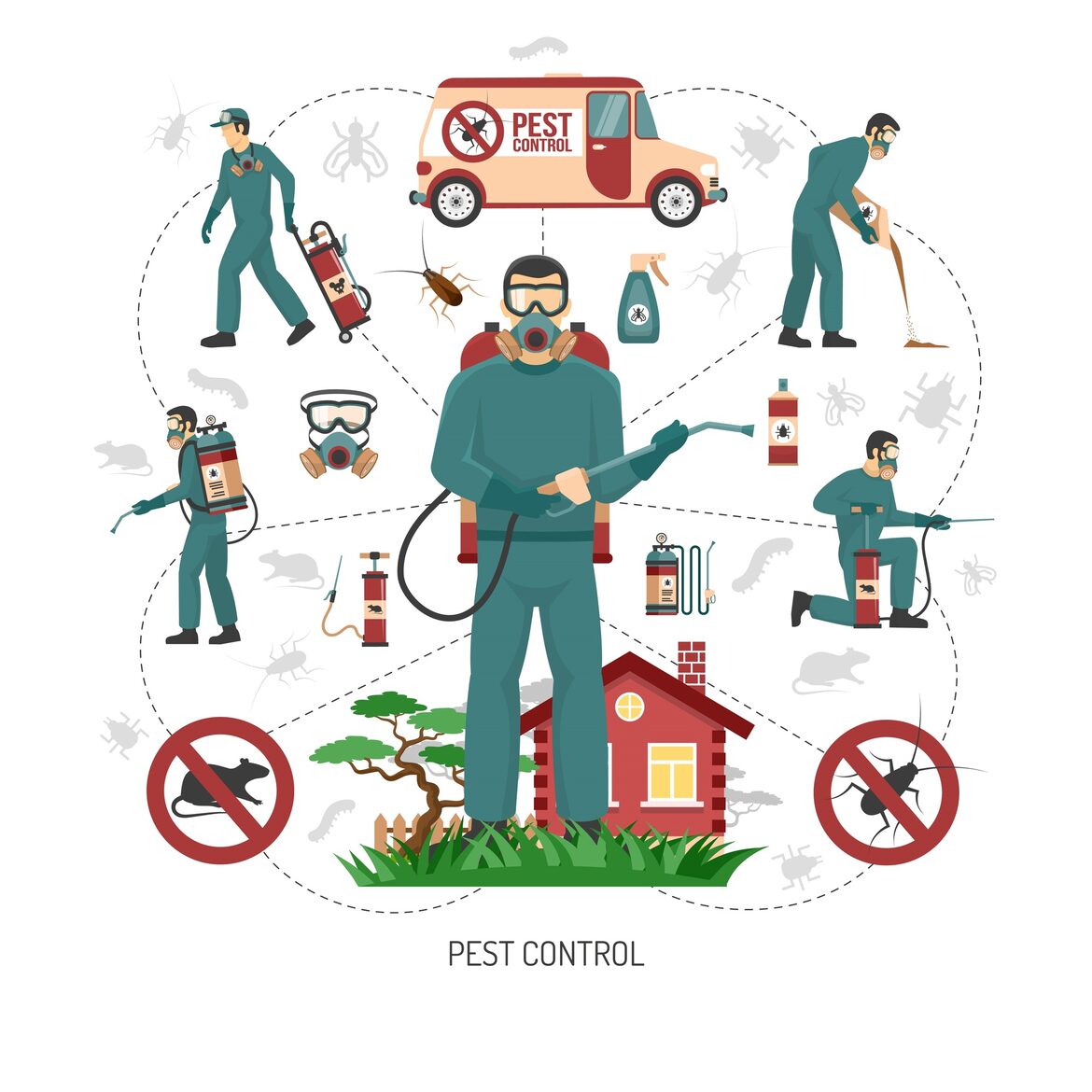Pest control is an essential service that helps protect homes and businesses from the damaging effects of pests such as termites, rodents, and insects. As technology advances and the world changes, the pest control industry must adapt to keep up with new challenges and innovations. In this article, we will explore some of the trends and innovations that are shaping the future of pest control.

Integrated Pest Management
Integrated Pest Management (IPM) is an approach to pest control that focuses on prevention and environmentally responsible methods of pest control. This approach involves a combination of techniques such as habitat modification, exclusion, and biological control to manage pest populations without the use of harmful chemicals.
In recent years, there has been a growing demand for environmentally friendly pest control solutions. As consumers become more aware of the impact of pesticides on the environment and their health, they are looking for safer and more sustainable options. IPM offers a comprehensive approach that is both effective and environmentally responsible.
IoT-enabled Pest Control Devices
The Internet of Things (IoT) is a network of interconnected devices that communicate with each other to gather and share data. In the pest control industry, IoT-enabled devices are being used to monitor and control pest populations. These devices use sensors and cameras to detect pests and provide real-time data to pest control professionals.
For example, smart traps can detect and capture rodents, while smart sprayers can target specific areas for pesticide application. This technology allows pest control professionals to monitor pest populations remotely and respond quickly to infestations.
Biological Control
Biological control is the use of natural predators, parasites, and pathogens to control pest populations. This method of pest control is environmentally friendly and can be highly effective when used correctly. Biological control agents can be introduced to an area to control pest populations, reducing the need for chemical pesticides.
One example of biological control is the use of ladybugs to control aphid populations. Ladybugs feed on aphids, reducing their numbers naturally. Another example is the use of nematodes to control soil-dwelling pests such as grubs and cutworms.
Robotics
Robotic technology is being used to automate many aspects of pest control. For example, drones can be used to survey and map large areas for pest populations. They can also be used to apply pesticides to hard-to-reach areas, reducing the need for manual labor.
Robotic traps can also be used to detect and capture pests. These traps use sensors to detect the presence of pests and can be programmed to capture specific types of pests. This technology can reduce the need for manual inspections and provide more accurate data on pest populations.
Data Analytics
Data analytics is a powerful tool that can be used to monitor and predict pest populations. By analyzing data on pest populations and environmental factors, pest control professionals can identify patterns and predict when and where infestations are likely to occur.
This technology can also be used to optimize pest control strategies. By analyzing data on the effectiveness of different pest control methods, professionals can develop more effective and efficient pest control plans.
Conclusion
The pest control industry is evolving rapidly, with new technologies and approaches emerging all the time. As consumers become more environmentally conscious and demand safer, more sustainable pest control solutions, the industry will need to continue to adapt and innovate.
Integrated Pest Management, IoT-enabled devices, biological control, robotics, and data analytics are just a few of the trends and innovations that are shaping the future of pest control. By embracing these technologies and approaches, pest control professionals can provide more effective, environmentally responsible pest control solutions.
MDK Services is one of the Top pest control services in TX. With a team of experienced professionals, MDK Services offers a comprehensive range of pest control solutions to protect homes and businesses from the damaging effects of pests. Their services include termite control, rodent control, bed bug control, Mosquito Control, and more. MDK Services is committed to using safe and effective methods to manage pest populations, ensuring the safety and well-being of its clients. For more details contact 325-658-3498.
Resource: https://mdkpest.weebly.com/blog/the-future-of-pest-control-trends-and-innovations-in-the-industry